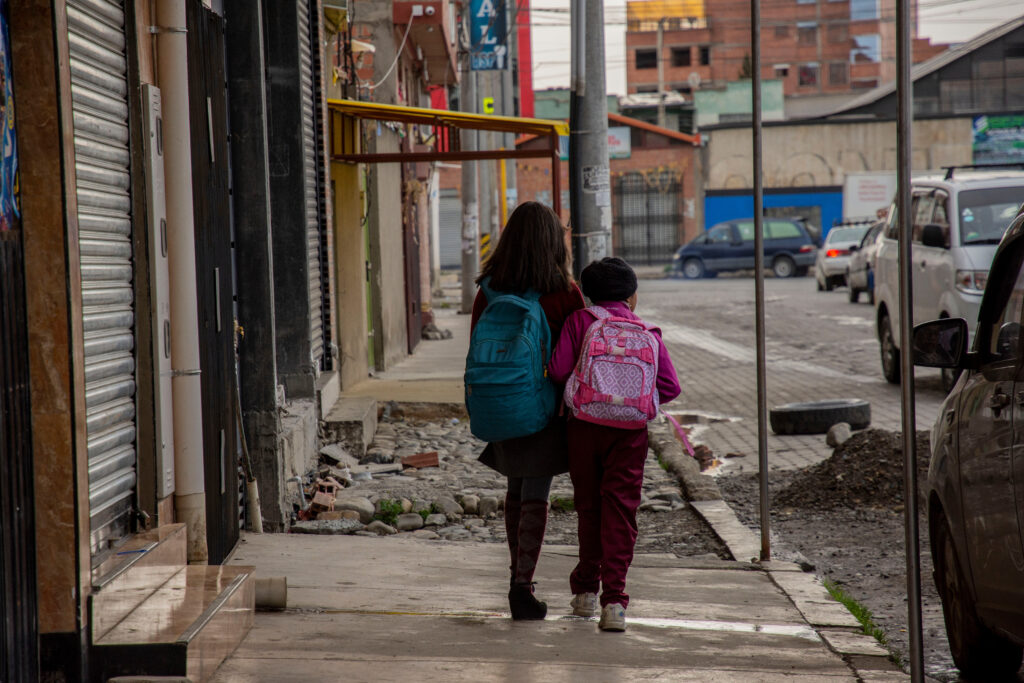
Click here for information on the Federal Modern Slavery Act 2018.
UPDATE
On 19 June 2019, Minister Don Harwin, NSW Special Minister of State, announced that the Modern Slavery Act 2018 (NSW) was to be referred to the Standing Committee on Social Issues for its inquiry and report. The Minister stated that the Act in its current form required amendment, and although the Department of Premier and Cabinet had drafted an amendment bill, he felt referral to the Committee was the appropriate course of action. Minister Harwin noted:
“It is imperative important matters such as this are subject to the proper consultation and scrutiny that the committee process provides. I also stress the importance of a collaborative approach in progressing sensitive matters such as this. I do not intend to pre-empt the outcome of the committee’s review but trust that the committee will give this matter the due consideration it deserves, and I look forward to its report. I am well aware of how much time was invested by members of the House in this private member’s legislation and I will ensure that everyone feels they have their opportunity to contribute to the way forward for the modern slavery legislation” (Parliament of NSW Legislative Council Hansard)
As at 19 July 2019, there is currently no timetable in place for the inquiry and report. IJM Australia understands that there was some concern about the potential for conflict between the NSW Act and the Federal Modern Slavery Act 2018, especially in regard to differences between penalties and supply chain reporting requirements.
IJM Australia will continue to encourage the NSW Government to lead in its development of modern slavery legislation. IJM knows and has seen the benefits that good legislation can have in protecting vulnerable people, both here and overseas.
The Modern Slavery Bill 2018 (NSW) (‘the Act’) was passed on 21 June 2018. The legislation was introduced by the Hon Paul Green MLC who was Chair of the Legislative Council Select Committee on Human Trafficking in New South Wales which held an Inquiry in 2017. IJM Australia made a submission to this Inquiry in February 2017 and was invited to give evidence at a hearing before the Committee in August. The Act is based on the final report of the Committee, which incorporated the contributions of various stakeholders, including the majority of IJM Australia’s recommendations.
IJM Australia’s contribution focused on drawing the NSW Government’s attention to the growing crime of cybersex trafficking and the need to update criminal legislation to address it. We also raised the issue of forced labour in supply chains of NSW companies and called for transparency legislation directed at both private sector and government procurement.
The following reforms introduced by the Act are particularly significant: amendments to criminal legislation addressing cybersex trafficking; creating the position of the Anti-slavery Commissioner; supply chain transparency legislation; and compensation for victims of modern slavery. These key reforms are outlined below. Other reforms introduced include criminalising child forced marriage and introducing Modern Slavery Risk Orders (similar to Apprehended Violence Orders) which allow courts to prohibit (with penalties upon breach) individuals likely to commit modern slavery offences from engaging in certain conduct.
Download this fact sheet as a PDF.
Cybersex Trafficking
The amendments on cybersex trafficking primarily target the production and distribution of child abuse material. Offenders who commission the abuse of children online often record the abuse for later viewing or to share, as was the case with Queensland perpetrator Kyle Dawson.
• Aggravated offences: The Act introduces aggravated offence of producing child abuse material, meaning the sentence will be automatically increased in the case where offenders record the online sexual abuse they commission and the child is under 10 or an overseas facilitator is involved. This means child abuse commissioned online is rightly treated with the same seriousness as hands-on offending.
• Improving prosecution: The Act makes it easier for prosecutors to obtain convictions for the crime of producing child abuse material, by making it unnecessary to prove that the offender knew the victim’s age. This is similar to equivalent Commonwealth legislation on the same subject matter.
• Novel offences targeting ‘networks’: The Act makes it an offence to administer a ‘digital platform’ if one is aware others are using it for child abuse material. This will be a vital tool for police and prosecutors to combat the disturbing trend of networks of paedophiles that are cooperating in the abuse of children. Taskforce Argos of the Queensland Police are quoted in NetClean’s 2017 report stating: ‘There are dedicated sections on forums explaining how to access children online’.
Supply Chain Transparency
The Act introduces legislation requiring companies to report each year what due diligence processes they have in place to address modern slavery and where there are risks of modern slavery in their supply chains, similar to the UK Modern Slavery Act. The aim of requiring this disclosure is that it will draw negative attention to companies that are not doing enough to address modern slavery and reward companies that are already taking appropriate action, to create a ‘race to the top’, so that companies compete to be seen as having the best response to modern slavery (see pages 10–11 here). In this way, disclosure will result in better concrete actions being taken to eradicate forced labour.
The Act has a number of positive features which improve upon the UK model, and which are preferable to the model proposed at the federal level in Australia.
• Central registry: There will be a public central registry to be administered by government of all modern slavery statements, which will make it easier for the public and civil society to identify businesses that are not complying and advocate for change.
• Penalties: Companies that fail to report are liable to a $1.1 million fine. As IJM Australia submitted to the federal inquiry in 2018, penalties have been a feature of successful transparency legislation overseas and in Australia. (Not in federal proposal.)
• Threshold: Companies with annual revenue over $50 million will be required to report, which is consistent with UK legislation. (Proposed federal threshold is $100 million, meaning far fewer companies will have to comply.)
• Public sector: The Act includes separate provisions requiring government bodies to take reasonable steps to ensure supply chains do not have modern slavery, and to report on the steps taken.
Anti-slavery Commissioner
The Anti-slavery Commissioner is an independent official whose role is to work with other government, corporate and civil society bodies to combat modern slavery, provide support to victims, raise awareness, and improve law and policy concerning modern slavery. This is modelled on the position created by the UK Modern Slavery Act. As argued when the Bill was passed, the Commissioner will have significant effectiveness and independence because: the structure and powers of the position are similar to the NSW Police Commissioner; and a parliamentary Modern Slavery Committee will also oversee the implementation of the Act and monitor the activities of the Commissioner. Other important features of the role include:
• Guidance: The Commissioner will oversee the reporting requirement and provide guidance to companies on eliminating slavery. In the past, the effectiveness of overseas transparency legislation has been diminished by a lack of guidance on reporting.
• ICT use policies: The Commissioner is to oversee changes to NSW government information and communications technology use policies to prohibit and sanction handling of child abuse material.
Compensation for Victims
The Act enables victims of modern slavery to access compensation under the Victims Rights and Support Act 2013 (NSW). Of course, as IJM sees every day in the field, the road to recovery is a long one for survivors, but with adequate support they can be restored and empowered.
Concluding Remark
While the Act is an incredible milestone, much of the work still lies ahead. IJM Australia will be working with the Commissioner, businesses and law enforcement so that the provisions of the Act result in tangible action that reduces slavery.




